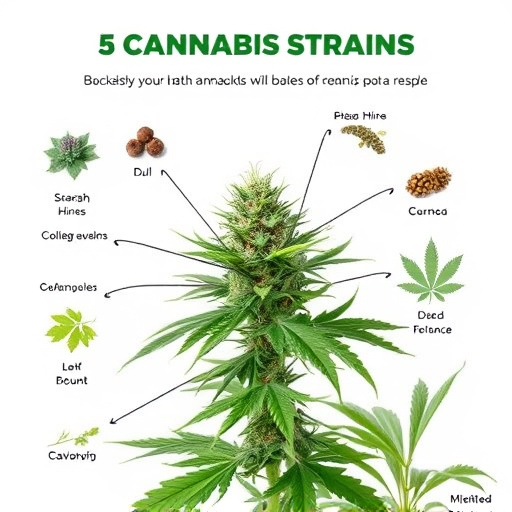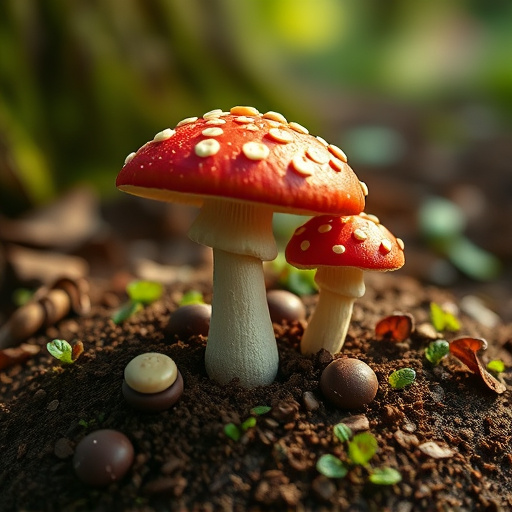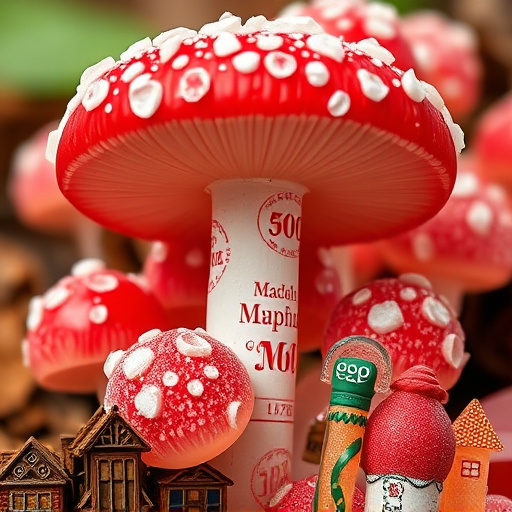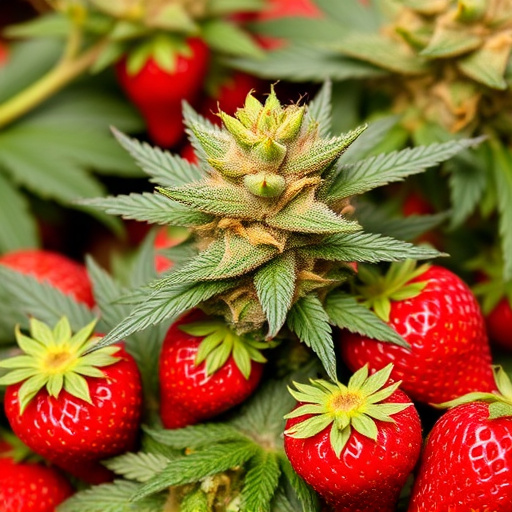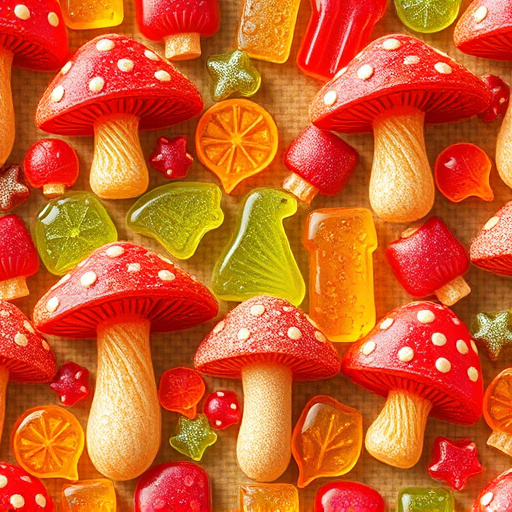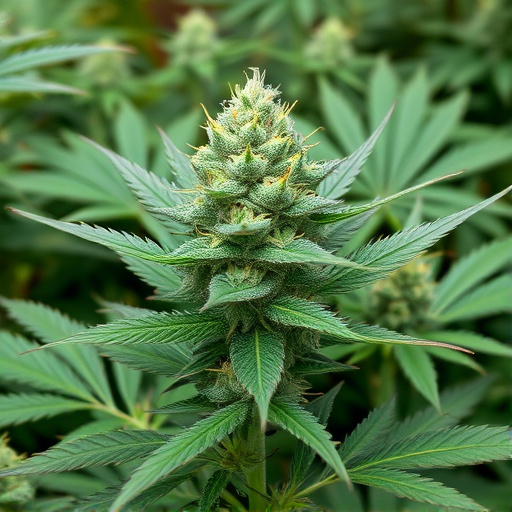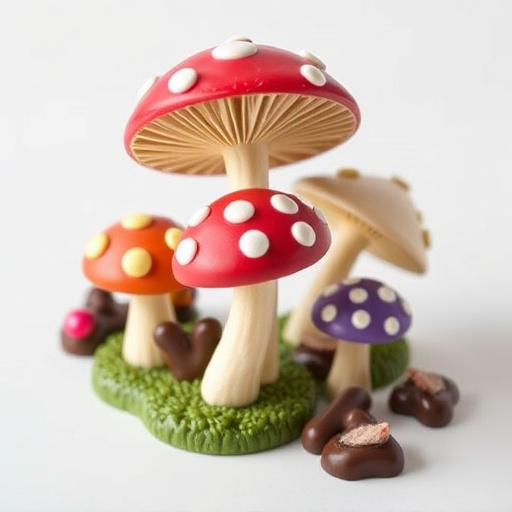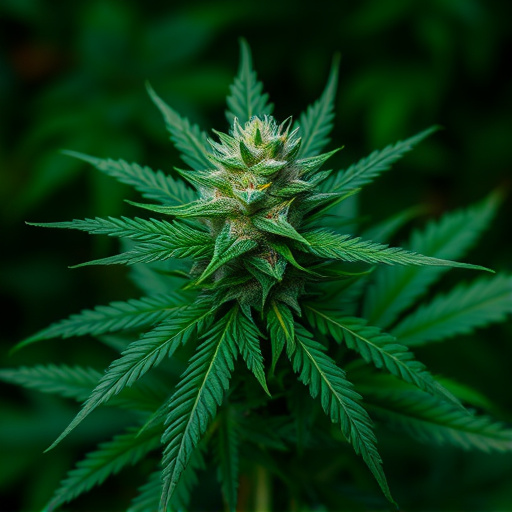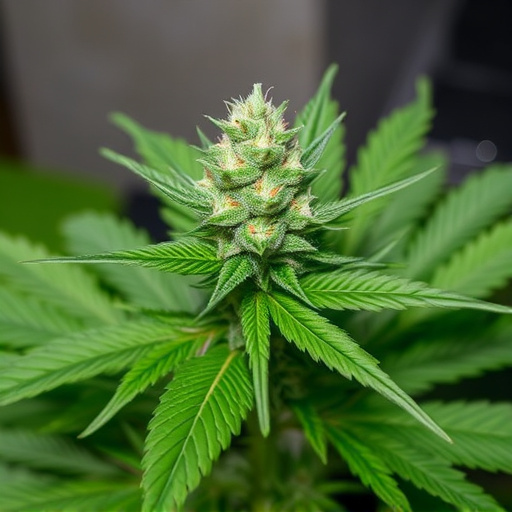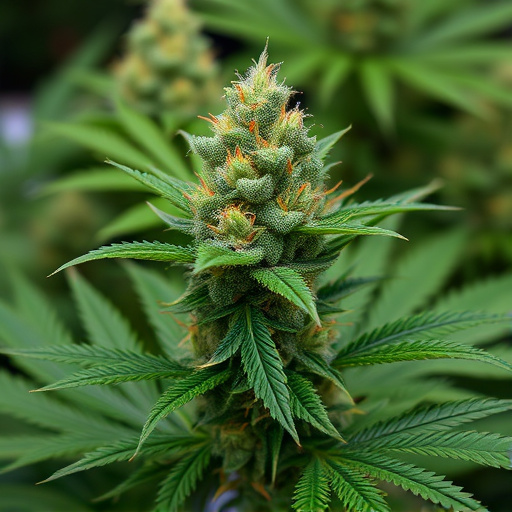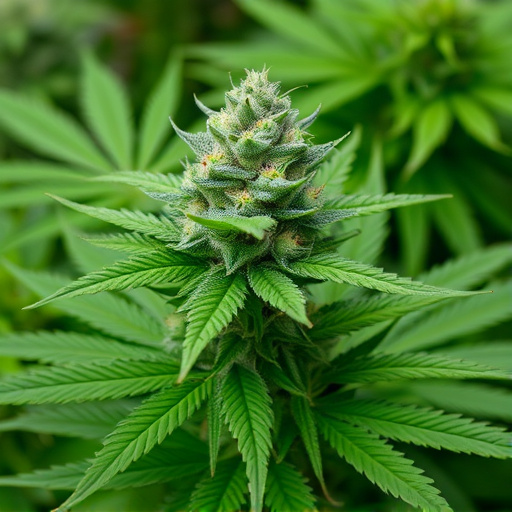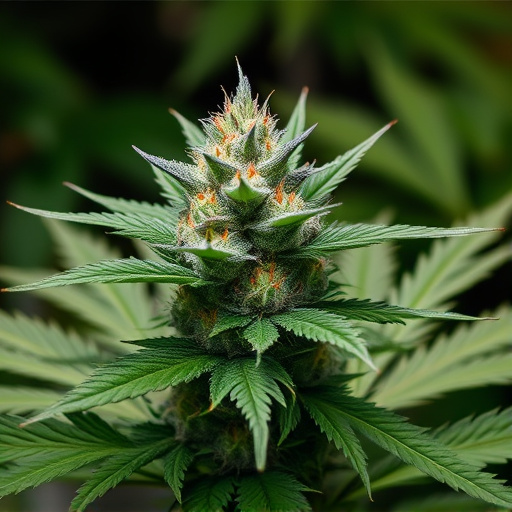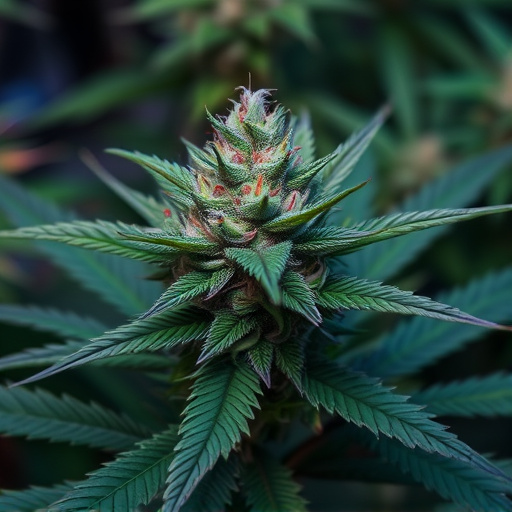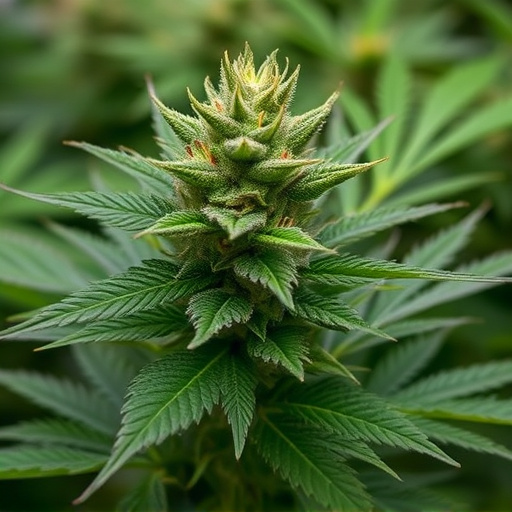Cannabis, through its compounds THC and CBD, interacts with our body's endocannabinoid system, offering therapeutic benefits, especially for PTSD. Specific cannabis strains high in CBD or certain THC:CBD ratios have shown promise in reducing anxiety, stress, sleep disturbances, and flashbacks. Strains like Granddaddy Purple, Charlotte's Web, and AC/DC are favored for their balanced effects, providing an alternative treatment approach to emotional well-being.
“Unraveling the intricate relationship between cannabis flowers and emotional states is a captivating journey into the realm of natural medicine. This article delves into the science behind how cannabis compounds interact with our bodies, specifically the endocannabinoid system, to influence mood and emotions. We explore the diverse impact of various cannabis strains on mental well-being, with a particular focus on their potential as PTSD treatments. By examining comprehensive research, we uncover insights that may revolutionize symptom management for those seeking emotional balance.”
- Understanding Cannabis Compounds and Their Interaction with the Endocannabinoid System
- The Impact of Different Cannabis Strains on Mood and Emotions: A Comprehensive Review
- Cannabis for PTSD: Exploring Effective Strains and Dosage for Emotional Well-being
Understanding Cannabis Compounds and Their Interaction with the Endocannabinoid System
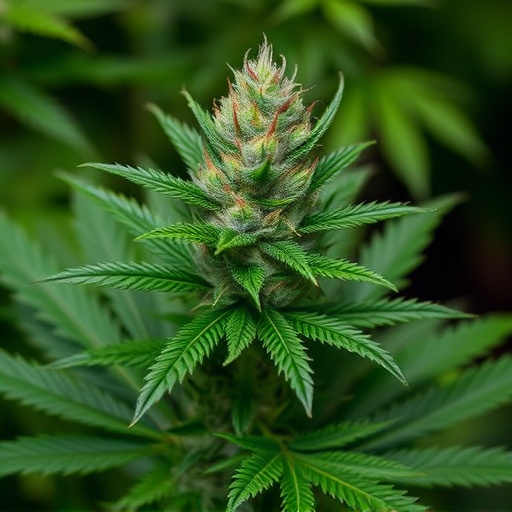
Cannabis contains a diverse range of compounds, with tetrahydrocannabinol (THC) and cannabidiol (CBD) being the most well-known. THC is primarily responsible for the plant’s psychoactive effects, inducing feelings of euphoria and relaxation, while CBD doesn’t produce these effects but has gained attention for its potential therapeutic benefits. The interaction between these compounds and our body’s endocannabinoid system (ECS) plays a crucial role in regulating mood, emotions, and overall well-being.
The ECS is a complex signaling system within the human body that contributes to maintaining homeostasis, or balance. It consists of endocannabinoids (natural chemicals produced by our bodies), receptors (CB1 and CB2), and enzymes that break down endocannabinoids. Cannabis compounds, especially THC, bind to these receptors, influencing various physiological processes, including mood, memory, and pain perception. For individuals with conditions like PTSD, certain cannabis strains high in CBD or specific ratios of THC to CBD have shown promise in mitigating symptoms related to anxiety and stress, offering a potential alternative approach to traditional treatments.
The Impact of Different Cannabis Strains on Mood and Emotions: A Comprehensive Review
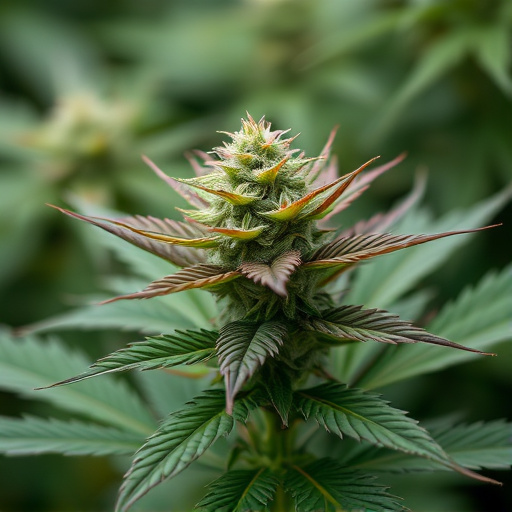
Cannabis has been used for centuries, both recreationally and medicinally, with its effects on mood and emotions a subject of increasing interest in recent years. The impact of different cannabis strains on mental health is complex, influenced by factors such as terpene profiles, cannabinoid content (including THC and CBD), and individual user experiences. For instance, studies have shown that specific cannabis strains can be beneficial for managing symptoms associated with Post-Traumatic Stress Disorder (PTSD). Sativa strains, known for their uplifting and energizing effects, may help reduce feelings of anxiety and depression while promoting a sense of calmness. In contrast, Indica strains, often linked to relaxation and sleepiness, could provide relief from nightmares and insomnia common in PTSD patients.
Research into cannabis strains for PTSD highlights the importance of tailoring treatment to individual needs. The diverse range of cannabis compounds interact with the endocannabinoid system in complex ways, affecting mood, memory, and perception. For example, CBD (cannabidiol), a non-intoxicating cannabinoid, has demonstrated potential in reducing anxiety and improving sleep quality, making it a promising component for PTSD treatments. Understanding these complexities is crucial to navigating the growing field of cannabis therapeutics, especially as more research explores its potential benefits for mental health conditions like PTSD.
Cannabis for PTSD: Exploring Effective Strains and Dosage for Emotional Well-being
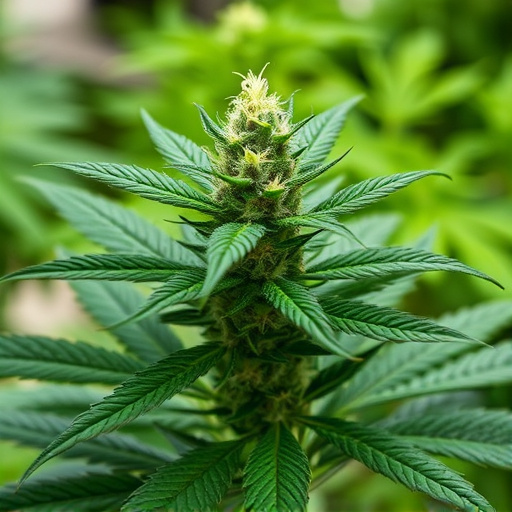
Cannabis has gained attention as a potential treatment for Post-Traumatic Stress Disorder (PTSD) due to its unique interaction with the endocannabinoid system in the brain, which plays a significant role in regulating mood and emotions. Several cannabis strains are renowned for their ability to alleviate PTSD symptoms, offering a natural approach to emotional well-being.
When exploring cannabis for PTSD, individuals often seek specific strains known for their high levels of CBD (cannabidiol) and low THC (tetrahydrocannabinol) content. CBD is non-intoxicating and has shown promise in reducing anxiety, improving sleep, and mitigating flashbacks or nightmares, common symptoms of PTSD. Strains like Granddaddy Purple, Charlotte’s Web, and AC/DC are popular choices for their balanced cannabinoid profiles. A typical dosage range for treating PTSD might start with low concentrations of THC, around 5-10%, combined with CBD, ensuring a soothing effect without causing anxiety or paranoia, which can be exacerbated by high THC doses.
In conclusion, understanding how cannabis flowers interact with our endocannabinoid system offers valuable insights into their potential therapeutic effects. Research highlights specific cannabis strains’ ability to influence mood and emotions, especially in cases like PTSD. While more studies are needed, exploring the right strains and dosages can provide a natural approach to emotional well-being for those suffering from PTSD. The field of cannabis research continues to evolve, offering hope for effective and alternative treatment options.
